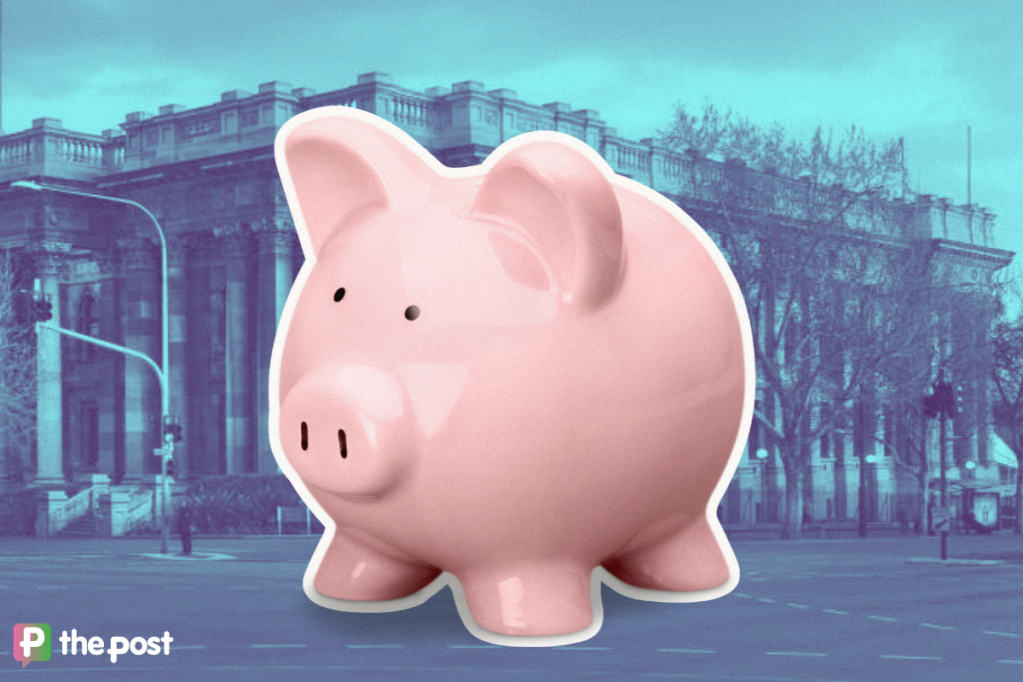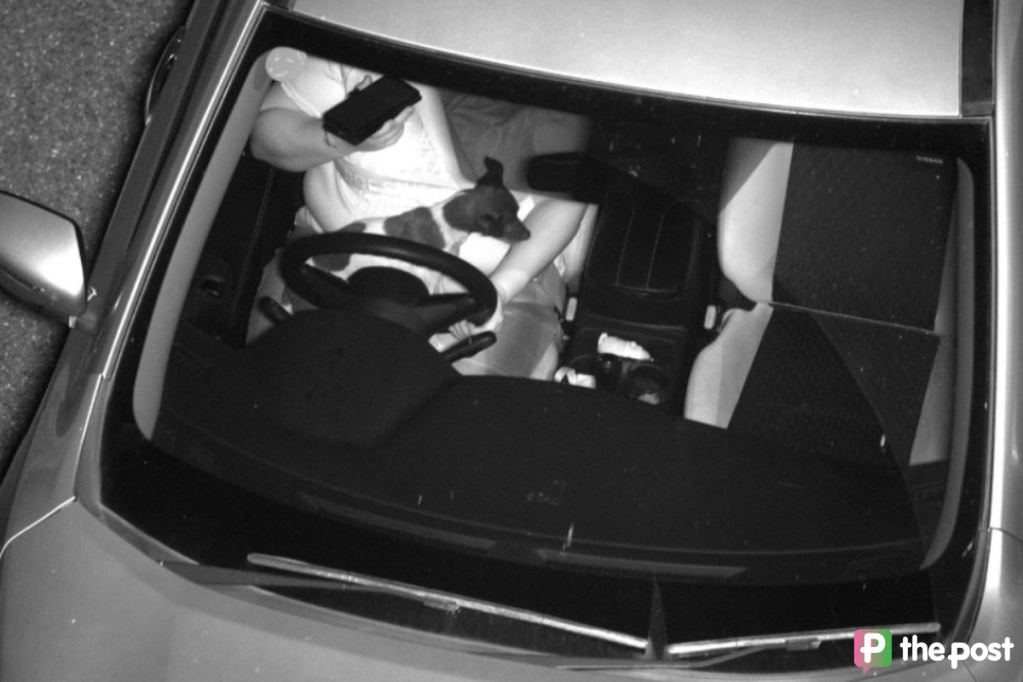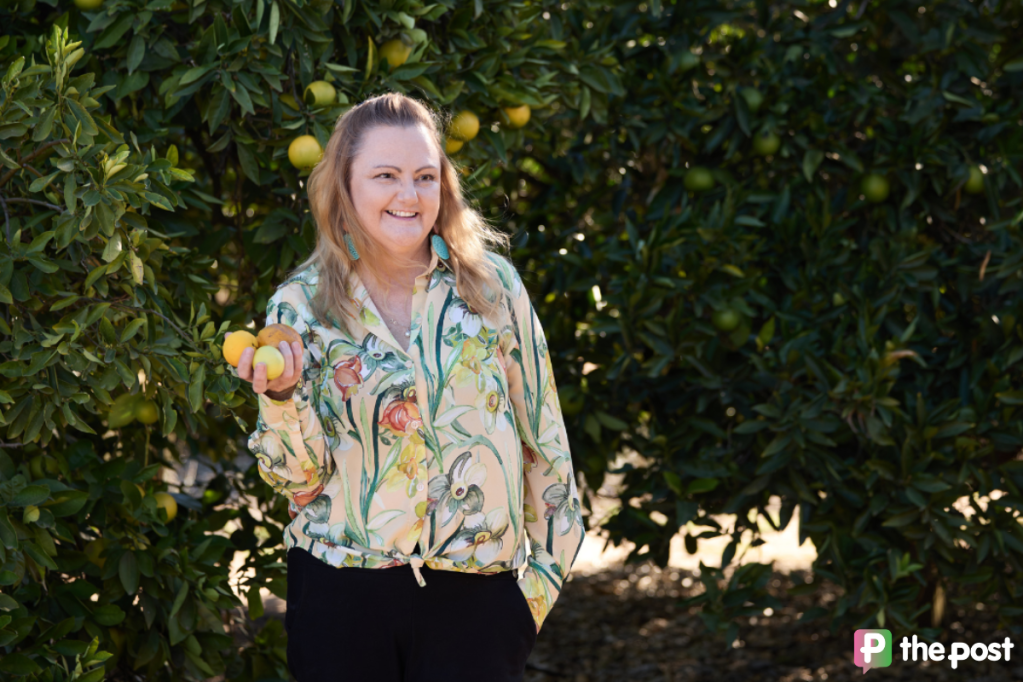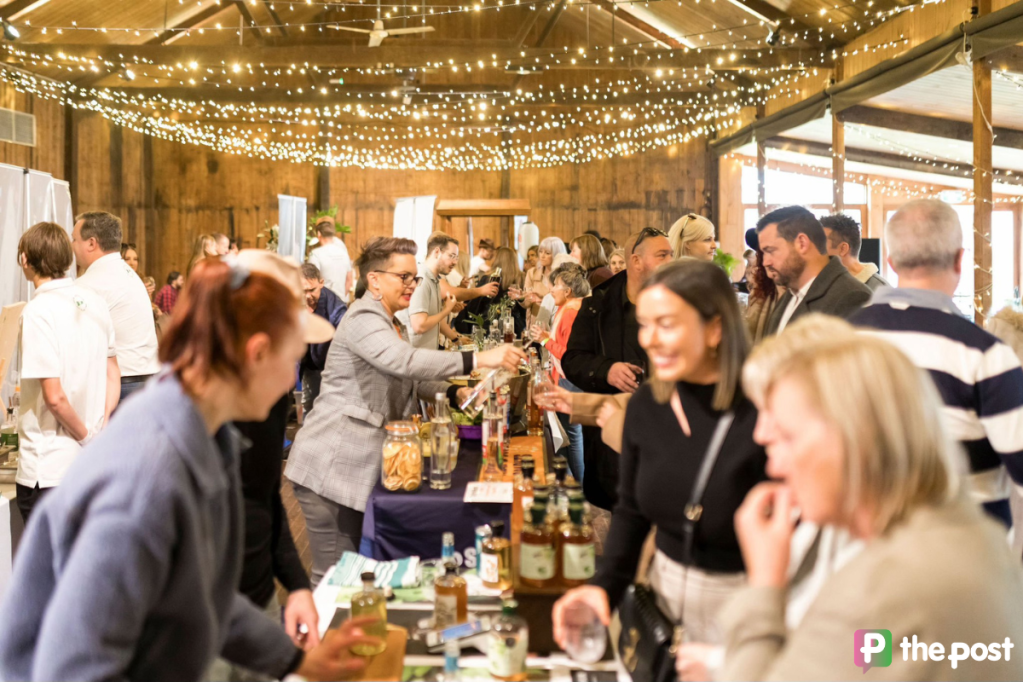Major parties block electoral reform

South Australia’s Upper House election system is “wide open for abuse”, a political forum heard yesterday.
ABC election analyst Antony Green was joined in Adelaide by MPs from major and minor parties and academics at the Committee for Economic Development Australia’s forum on Upper House reform.
While most agreed the system needed a major overhaul , statements by major party representatives Attorney-General John Rau and his Opposition counterpart Stephen Wade made it clear the problem will not be fixed in time for the March 2014 state election.
The forum focused on “preference harvesting” – the technique used by a large number of micro-party candidates in the recent federal election resulting in Senators being elected from a base of primary votes of less than one per cent.
“Problems became evident in the last federal election when the process became a standing joke,” Green said.
“What developed in this election was a game of political ‘keepings off’ where the microparties kept their preferences in a circle amongst themselves and away from the major parties, hoping to gather enough votes to get ahead of the majors in the last quota.
“This had been dismissed as a possibility in the Senate in the past; now we’ve seen it in action where Ricky Muir for the Motoring Enthusiasts Party got 0.5 per cent of the vote and leapfrogged everybody to get up.”
You might like
Green said electoral laws in South Australia made it too easy for micro-parties to register and nominate candidates to be grouped “above the line”.
He added, however, that any change to the system may be too late to apply in time for the March state election.
“To change the way you count preferences, or optional preferential voting or limiting how many preferences will require major changes to the Electoral Commission’s computer software and that’s more difficult that it appears.”
Upper House MP and leader of the Greens, Mark Parnell outlined his draft Bill, due to be tabled in parliament today.
The Bill takes a lead from reforms made in New South Wales after that State’s Upper House election got to the ridiculous stage of a ballot paper that listed 264 candidates and was bigger than the polling booths.
“The sad reality here is that major parties will do preference deals that don’t match their ideology,” Parnell said.
“In order to seal a preference deal with a minor party in a Lower House marginal seat they will trade off preferences in the Upper House.
“That’s just a fact; the lion will sleep with the lamb.”
Stay informed, daily
South Australian Senator Nick Xenophon said the Upper House systems at federal and state level were in danger of becoming “a laughing stock”.
The major parties, however, poured cold water on the push for reform.
Labor’s John Rau said while his party had no objection to “taking part in the conversation”, it had no position on the need for reform.
The Liberal Party’s Stephen Wade urged the forum to not “jump at shadows” and rejected the notion that micro-parties were a fringe element.
“They represent mainstream values,” he said.
“With just 12 sitting says and 150 days till the State election, we aren’t supporting any major changes to the system.”
In the panel discussion that followed, Rau revealed that the push by former Premier Mike Rann to abolish the Upper House had been abandoned.
“There’s no appetite for abolition in the broader community.
“While it still sits on the policy platform, its not actually being actively pursued by anyone.”
InDaily asked several political academics after the forum about the chances of reform being achieved in the period remaining before the next election.
“Nil,” they all said.








